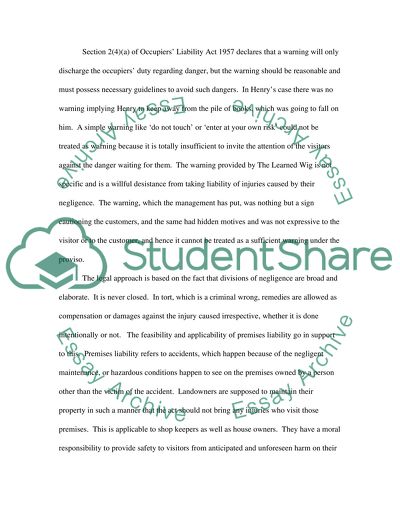Cite this document
(“Business law Case Study Example | Topics and Well Written Essays - 1250 words”, n.d.)
Retrieved from https://studentshare.org/miscellaneous/1554444-business-law
Retrieved from https://studentshare.org/miscellaneous/1554444-business-law
(Business Law Case Study Example | Topics and Well Written Essays - 1250 Words)
https://studentshare.org/miscellaneous/1554444-business-law.
https://studentshare.org/miscellaneous/1554444-business-law.
“Business Law Case Study Example | Topics and Well Written Essays - 1250 Words”, n.d. https://studentshare.org/miscellaneous/1554444-business-law.


